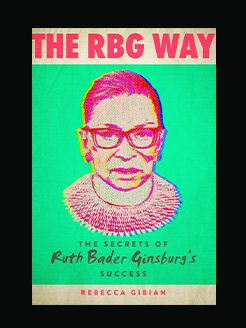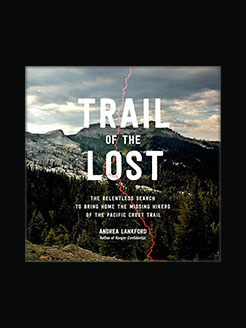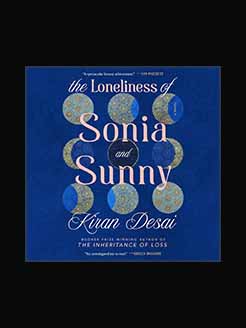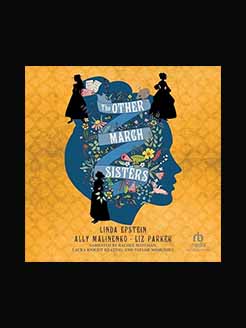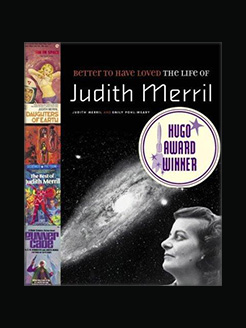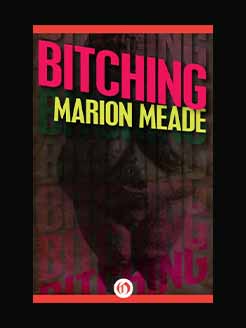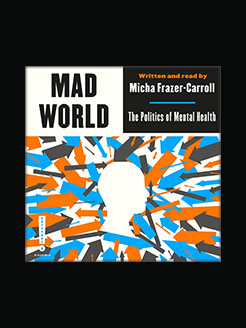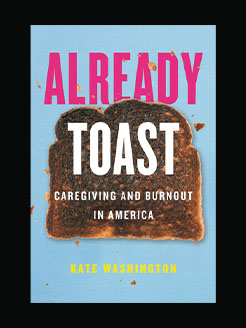Published in 2021
320 pages
Angela Yvonne Davis is an American political activist, scholar, and author. She emerged as a nationally prominent activist and radical in the 1960s, as a leader of the Communist Party USA, and had close relations with the Black Panther Party through her involvement in the Civil Rights Movement despite never being an official member of the party. Prisoner rights have been among her continuing interests; she is the founder of Critical Resistance, an organization working to abolish the prison-industrial complex. She is a retired professor with the History of Consciousness Department at the University of California, Santa Cruz, and is the former director of the university’s Feminist Studies department.
Her research interests are in feminism, African American studies, critical theory, Marxism, popular music, social consciousness, and the philosophy and history of punishment and prisons. Her membership in the Communist Party led to Ronald Reagan’s request in 1969 to have her barred from teaching at any university in the State of California. She was tried and acquitted of suspected involvement in the Soledad brothers’ August 1970 abduction and murder of Judge Harold Haley in Marin County, California. She was twice a candidate for Vice President on the Communist Party USA ticket during the 1980s.
What is this book about?
An urgent, vital manifesto of intersectional, internationalist, abolitionist feminism, from leading scholar-activists Angela Y. Davis, Gina Dent, Erica Meiners, and Beth E. Richie.
As a politic and a practice, abolition increasingly shapes our political moment—halting the construction of new jails and propelling movements to divest from policing. Yet erased from this landscape are the central histories of feminist organizing—usually queer, anti-capitalist, grassroots, and women of color—that continue to cultivate abolition. Also erased is a recognition of the stark reality: abolition is our best response to endemic forms of state and interpersonal gender and sexual violence.
Amplifying the analysis and the theories of change generated from vibrant community based organizing, Abolition. Feminism. Now. surfaces necessary historical genealogies, key internationalist learnings, and everyday practices to grow our collective and flourishing present and futures.
